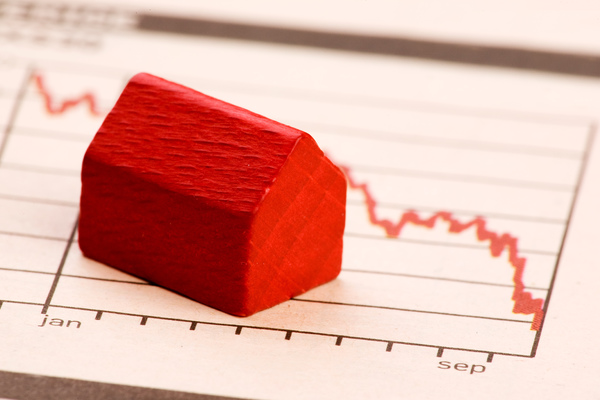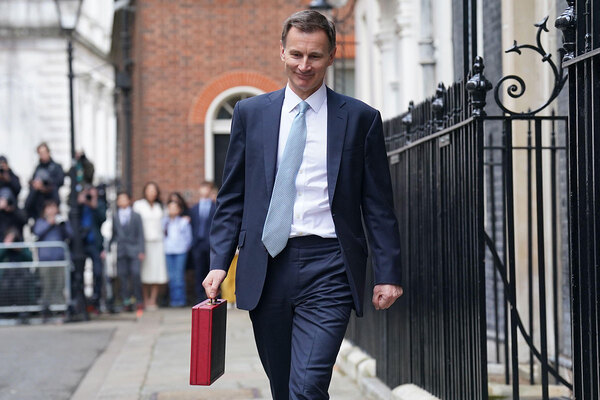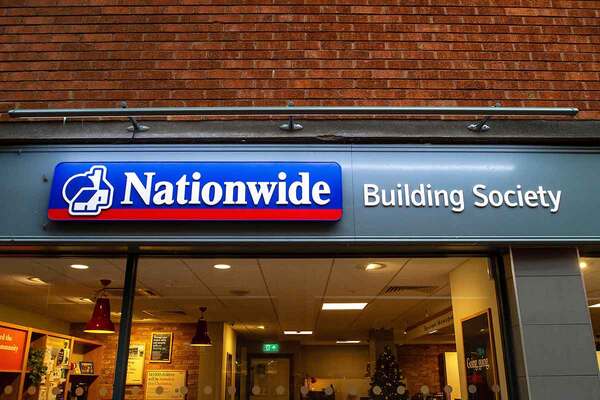You are viewing 1 of your 1 free articles
Sector untroubled by Moody’s downgrade
Sector experts have remained calm in the face of ratings agency Moody’s decision to downgrade its entire portfolio of housing associations last week.
All 40 associations whose credit ratings are set by Moody’s were subject to one-notch downgrades, with two associations, Genesis and Poplar Harca, slipping to just two notches above ‘junk’ ratings.
Last week’s downgrade was the result of Moody’s slashing the UK’s credit rating the week before, after various political developments suggested that the country is slipping closer to leaving the European single market and customs union. Explaining the fresh downgrade, the agency cited the close connection of the country’s social housing sector to the fortunes of the government.
Genesis, one of the two lowest-rated housing associations in the country, saw its rating slip to Baa2. The grading below, Baa3, is the lowest rating considered ‘investment grade’ and dropping below this rating would make it harder to attract investment.
Elizabeth Froude, deputy chief executive at Genesis, told Inside Housing: “They haven’t downgraded us, they’ve downgraded the country, really. Sovereign’s rating has gone down one notch. We always anticipated it would happen and we hope that it won’t stay there. The Brexit thing is unquantifiable at the moment. We don’t know if it really will have an economic effect, certainly not for a while.
“They’ve changed the outlook to stable as well, so they’re saying they’ve downgraded it but they don’t plan to change it.”
Howard Webb, director of Capita Asset Services, agreed, telling Inside Housing: “It was purely mechanical, a reflection of the UK sovereign downgrade. To a certain extent, it’s following Standard & Poor’s and Fitch, which downgraded about six months ago. It’s about coming into line with them. It brings some of the more low-rated housing associations pretty close to the investment grade cut-off point.”
However Adrian Bell, head of social housing at JCRA, criticised the agency, saying: “I understand why they’ve downgraded the UK government but housing associations’ accounts are stronger than ever and yet they’re getting downgraded. It just makes no sense, because they’re ceasing to look at the underlying performance and they’re downgrading people based on their view of where the UK economy will go.”
Associations pay for ratings from credit agencies in order to attract investment from institutional investors on the capital markets.
They receive boosted gradings due to the agency’s assumption that the UK government would provide a bailout if they got into financial difficulties – however this means gradings will be reduced if the UK’s rating is reduced.











